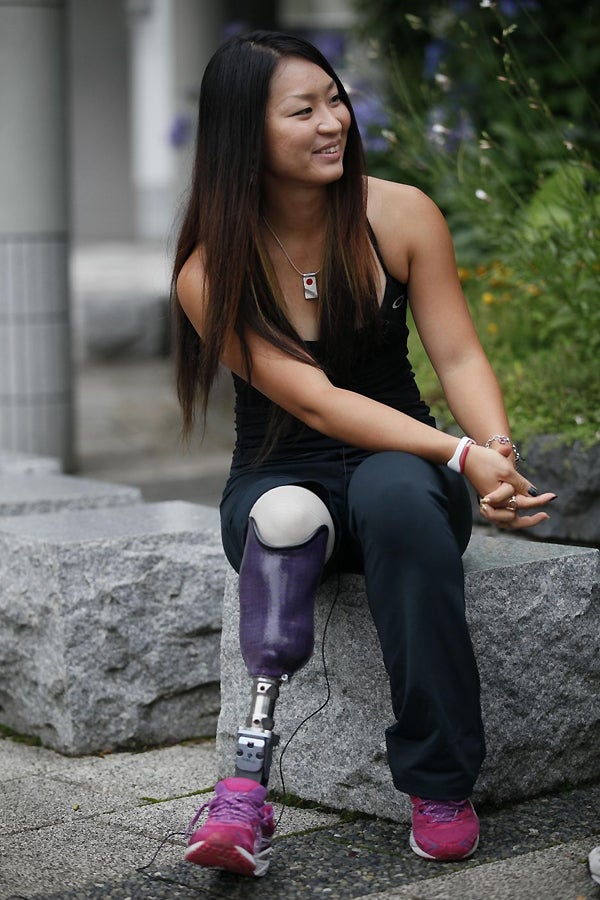The unusual superpowers: why the little nations thrive

Your support helps us to tell the story
From reproductive rights to climate change to Big Tech, The Independent is on the ground when the story is developing. Whether it's investigating the financials of Elon Musk's pro-Trump PAC or producing our latest documentary, 'The A Word', which shines a light on the American women fighting for reproductive rights, we know how important it is to parse out the facts from the messaging.
At such a critical moment in US history, we need reporters on the ground. Your donation allows us to keep sending journalists to speak to both sides of the story.
The Independent is trusted by Americans across the entire political spectrum. And unlike many other quality news outlets, we choose not to lock Americans out of our reporting and analysis with paywalls. We believe quality journalism should be available to everyone, paid for by those who can afford it.
Your support makes all the difference.What is it that makes a top Paralympic Team? Is it a world-class healthcare system and a vibrant economy? Is it something less tangible, such as an overwhelming desire to win and a fervent national pride? Or is there a simpler formula for success: making sure there is enough funding to go round?
A comparison of the Olympic and Paralympic medal tables over the last three Games provides two very different narratives of how countries approach each competition.
Long before the 2004 Games in Athens, the Olympics had been dominated by the usual suspects: the world’s superpowers. Pole position has alternated between China and the United States with Russia nipping at their heels – at least, until Britain’s more recent Olympic resurgence.
A glance at the Paralympics medal table tells a different story. China and Britain dominate, yet Russia and the US – despite large populations, sporting pedigree and access to funds – have never even got close to pole position.
Meanwhile, a host of smaller countries punch far above their weight when it comes to the Paralympics. Ukraine has the best medal record per capita, while Brazil has also become a major competitor, making the top 10 for the first time in 2008 and hoping for seventh place in London.
But at the heart of each success story is one constant – regular funding. Even in the countries that shine, disabled athletes still receive a fraction of the kind of investment that their able-bodied colleagues win. But those countries that regularly invest in players with impairments reap dividends when it comes to medals.
The origins of Ukraine’s Paralympic success, for example, can largely be traced back to one man. In the early 2000s the relatively unknown disabled athlete turned politician Valeriy Shushkevich embarked on a one-man crusade that secured guaranteed Paralympic funding that was separate from the Olympic budget. Ukraine immediately saw the results. After coming 21st in the medal tables in Sydney 2000, the former cash-strapped Soviet state rocketed to sixth place at Athens and fourth in Beijing four years ago.
Brazil has a similar programme. Since the early 2000s, disabled athletes are guaranteed to get 15 per cent of the total budget earmarked for the Olympics and Paralympics. If funding doubles for Olympic athletes, it doubles for Paralympians, too. Guaranteed scholarships allow athletes to train full time.
“You have to keep up the funding,” Ricardo Leyser Goncalves, Brazil’s national secretary for High Performance Sport, told The Independent. “Olympic athletes, when they become champions, they can often make money from sponsors. But this doesn’t usually happen for Paralympians.”
In comparison, Paralympic athletes in Russia have complained that funding has been held back for when the Winter Games move to Sochi. In Japan – the world’s third-largest economy – top disabled sprinter Maya Nakanishi was forced to release a nude calendar to raise enough funds to get to London.
Americans have never been able to watch their Paralympians compete live, because no broadcaster in the country has ever bothered to pick up the rights for what is the world’s second-largest sporting event. This year live footage will finally be broadcast – but only online.
Join our commenting forum
Join thought-provoking conversations, follow other Independent readers and see their replies
Comments